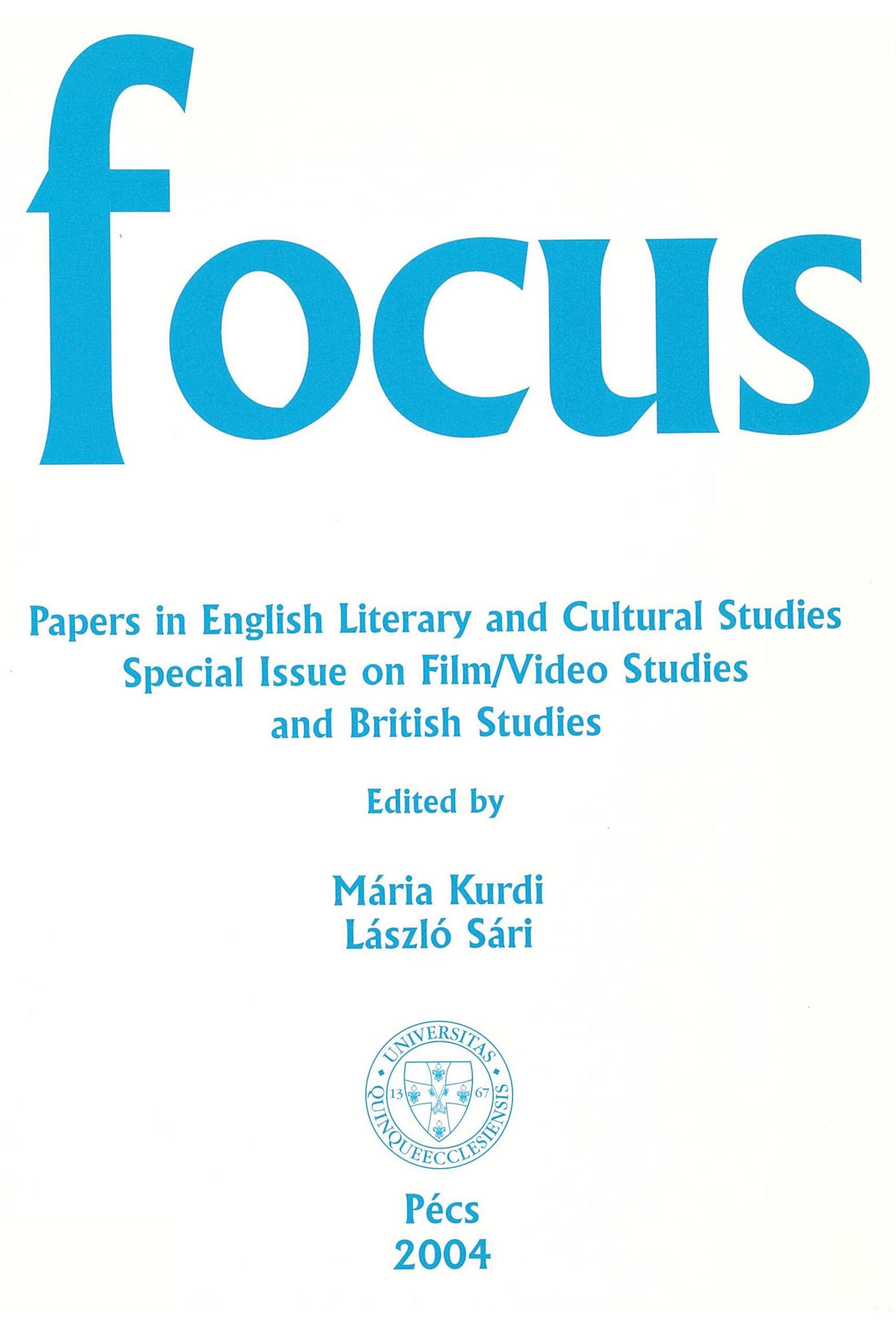“I am Head and Gouernour of all the People in my Dominion”: An Analysis of the Speech Delivered by King James I in the London Parliament in 1604
Abstract
Whig historiography has always maintained that King James I (1603-1625) was a theoretician of absolutism. It is for this reason that Whig “hagiography” has underlined that the MPs were eager to thwart the ruler’s absolutist policy. My chief aim in this article is to prove that in his speech in 1604 the Sovereign did not express any absolutist ideas. In order to be an absolutist political thinker one has to claim that neither the Parliament nor any other organ can have a share in legislation. “Princeps legibus (ab)solutus est” is how the Roman lawyer Ulpian formed this principle in the Antiquities. The ruler is not bound by human laws; he stands above them; he is the only source of laws in his realm. The Trew Law o f Free Monarchies written by James when he was King “only” in Scotland, (i. e. King James VI) provides a good ground for comparison. Thereby the obvious differences between the two aforementioned works of the ruler will be made clear.
Downloads
Published
How to Cite
Issue
Section
License

This work is licensed under a Creative Commons Attribution-NonCommercial-NoDerivatives 4.0 International License.
FOCUS: Papers in English Literary and Cultural Studies follows the principles laid down by Creative Commons, which provides guarantees for the Author’s copyright while also ensuring that intellectual properties are made available for the wider public in a digital form. All papers submitted to the journal apply the following licence conditions (indicated on the journal’s website as well as in individual publications):
“© This work is licensed under a Creative Commons Attribution-NonCommercial-NoDerivatives 4.0 International License.”
You are free to:
- Share, copy and redistribute the material included in the journal in any medium or format under the following terms:
- Attribution — You must give appropriate credit to the Author, and indicate the original place of publication [FOCUS: Papers in English Literary and Cultural Studies, Issue nr., page numbers.].
- NonCommercial — You may not use the material for commercial purposes.
- NoDerivatives — You are not allowed to remix, transform, or build upon the material.
- The above conditions must always be indicated if the journal material is distributed in any form.
- The above conditions must always be met, unless a written permission signed by the Author and the Editor-in-Chief states otherwise.

